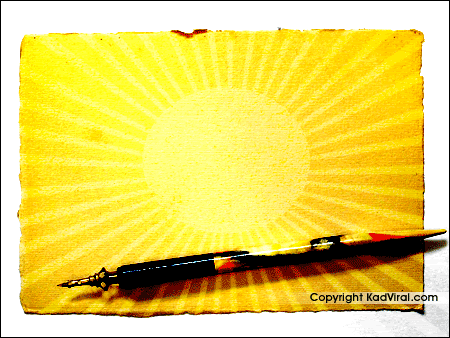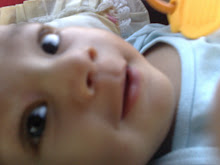 Assoc Prof Dr Poh Bee Koon, a nutritionist and Positive Parenting Nutrition Editor,
Assoc Prof Dr Poh Bee Koon, a nutritionist and Positive Parenting Nutrition Editor,
clears up your complementary feeding concerns.
“Why should I avoid seasoning my baby’s food with salt? At what age can a baby eat food seasoned with salt? Does salt stunt babies’ growth or lead to other negative effects?”AP Dr Poh: Babies’ and young children’s kidneys are too immature to process excess salt from their food. Too much salt can lead to irreparable kidney damage in the long term.
Salt is an important nutrient needed by the human body and it is found in sufficient quantities in breast milk, rice and most, if not all, of the foods commonly fed to babies. So, do not add salt, soya sauce or artificial seasonings to baby’s food as this can endanger his health.
Children above 1 year old can eat food lightly seasoned with salt but only in very small quantities. Try to reduce the amount of salt in your child’s (and the rest of your family’s) food gradually. You will soon find that most foods are tasty enough without added salt. If you find the food bland, use natural flavourings such as lemon juice, herbs and spices.
“My 7-month-old has been on formula since he was 2 months old. I’ve begun giving him cereal on top of his formula. But at 6.5 kg, his weight’s low for his age. Please advise.”AP Dr Poh: Babies double their birth weight at 5 months. If your baby was 2.5 kg when he was born, 6.5 kg would be normal for his growth rate at 7 months. Every child grows at a different rate and being small does not necessarily mean he is not healthy. Ask your paediatrician about your child’s growth rate.
From the age of 6 months, baby should be fed foods other than breast milk or formula. Begin with baby rice cereal and fruit or vegetable purées on their own. At 7 months, baby can be fed rice porridge cooked with finely chopped vegetables such as carrots or spinach. At 8 months, shredded, cooked boneless fish may be added. Visit a nutritionist, dietitian or paediatrician for more in-depth advice.
 “I’ve been breastfeeding my 9-month-old baby exclusively and am now trying to start him on solids.The problem is, he refuses solids and only wants to breastfeed. Is this normal? Is he getting enough nutrients from breast milk, now that he’s almost 1 year old?”
“I’ve been breastfeeding my 9-month-old baby exclusively and am now trying to start him on solids.The problem is, he refuses solids and only wants to breastfeed. Is this normal? Is he getting enough nutrients from breast milk, now that he’s almost 1 year old?”AP Dr Poh: Breast milk is not enough to supply all the nutrients a 9-month-old baby needs. By baby’s 6th month, complementary feeding must be started. Give your 9-month-old a bowl of his own food and let him try to feed himself. You should also spoon-feed him at the same time. Give him foods that are increasingly firm in texture rather than the porridge, cereals and mash. Make sure the foods are not difficult for him to bite, chew and swallow. Try finger foods like small boneless fish, chicken nuggets (without the added salt, flavouring or preservatives) and soft fruits or vegetables cut into baby-friendly sizes.
Always watch him while he eats, even though he may be able to feed himself. Your baby cannot eat very much due to his tiny stomach so do not worry if he stops after two or three spoonfuls. Whenever he is hungry, offer him food first and not the breast. As long as he is growing at a healthy rate and is active, he is doing fine.
Make eating a fun experience for baby. He will be more willing to try new foods if he finds the experience enjoyable. If possible, continue breastfeeding him until his second birthday and beyond.








